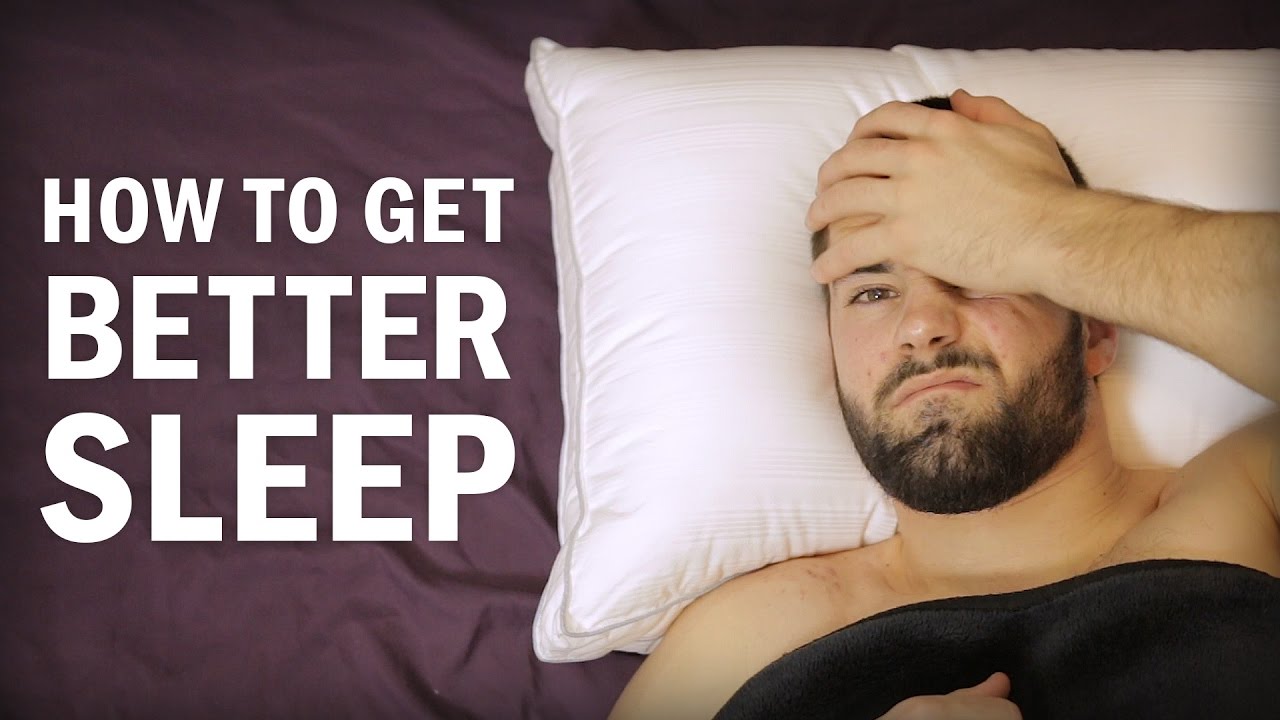How to get better sleep?
If you have trouble falling asleep, you might want to see your doctor. The doctor will be able to determine if changes are needed in your sleep patterns. He or she may refer you to a sleep specialist if necessary. Other measures that can improve sleep include controlling noise in your bedroom, keeping a consistent sleeping schedule, and dimming your lights.
Controlling bedroom noise
Identifying the source of noise in your bedroom is the first step to controlling it. A window or door with a poor seal allows sound to enter your bedroom. Soundproofing these areas can help you sleep better. The best way to seal these areas is to use weather strips and caulk.
Noise is a huge factor in preventing sleep. Not only does it wake you up, but it can also affect your learning and memory. If you are sensitive, it may take a while to get used to the noise. You might be able to tolerate traffic noise, but if your neighbor is throwing a loud party at two in the morning, you may have trouble sleeping through the night.
Some methods can reduce noise in the bedroom, such as adding padded furniture or installing soundproof windows. However, this can be expensive. Another method is to install thick drapes around the windows. This will help block outside noise as well. However, it may be difficult to get permission from landlords.
You can also use white noise. However, you shouldn’t use it as your only sleep aid, and you should listen to it at the recommended volume. Also, you should set a timer for it to avoid prolonged exposure. This method can help you sleep better at night. However, it shouldn’t be the only solution to the noise problem in your bedroom.
Controlling bedroom noise is vital if you want to get a good night’s sleep. Noise outside the bedroom can disrupt sleep at various stages, from light sleep to REM sleep. The good news is that there are simple solutions to these problems. If your bedroom is a noisy environment, noiseproofing can help.
Keeping a consistent sleep schedule
Keeping a consistent sleep schedule is one of the best ways to improve the quality of your sleep. While changes in your weekly calendar such as early work calls or doctor’s appointments can make it difficult to stick to a set sleep schedule, you can still achieve better sleep quality by making some changes. The first step is to create a journal of your sleep schedule. Write down when you go to bed and wake up, as well as any notes about your sleep hygiene.
A consistent sleep schedule is beneficial for your health and productivity. Sleeping at the same time each night reinforces your circadian rhythm, which is a series of processes in your body that regulates your day and night. These signals help your body operate more efficiently and effectively. In addition to improving your biological health, a consistent sleep schedule will also increase your productivity.
Regular sleep patterns will also improve your heart health. According to Harvard University researchers, irregular sleep patterns increase the risk of cardiovascular disease and heart attack. Regular sleep schedules help your body repair and replenish your tissues, as well as your brain. It will also improve your mood. Lastly, a consistent sleep schedule helps your body recover from any stressful events and improve your overall health.
Keeping a consistent sleep schedule is also essential for preventing minor sleep issues. A consistent schedule will help you fall asleep and stay asleep more easily. It will also help you remember when it’s time to go to bed. A consistent sleeping schedule will also help your body maintain its internal clock and enable you to wake up earlier in the morning.
Dimming lights
The study found that subjects who were sleeping in dim light rooms had higher levels of insulin, a sign that their bodies were having a harder time converting glucose into energy. They also had higher heart rates. While these findings are encouraging, they were not statistically significant. Researchers believe that these results will not be replicated in other settings.
However, there are still some ways to make lights in your bedroom less distracting. One way to achieve this is by changing the light bulbs you use. Red light bulbs, which give off no green or blue light, are a good option for bathrooms and bedrooms. While they are not as bright as LED light bulbs, they do produce a soft red or yellow glow that can help you fall asleep.
The other method of making the environment darken gradually is to turn off electronic devices such as televisions, laptops, and computer monitors an hour or so before going to bed. The pale blue light from these devices can disrupt your circadian rhythms and interfere with your sleep. To counteract this effect, you can install lamps with low-watt dimmable bulbs.
One study found that dim light increases the production of melatonin. A recent study found that subjects in the dim light condition experienced a faster onset of sleep and better sleep. Although the results are not conclusive, these results are indicative of how lighting in a home can affect your sleeping pattern.
Exercise
Exercise is an excellent way to get a better night’s sleep. However, you must be committed to exercising regularly. Even a small change in your workout routine can have a positive effect on your sleep. It also has the added benefit of reducing stress. Despite the benefits, exercise will take some time to show results.
To improve your sleep, you should start exercising at least 15 minutes each day. Do moderate-intensity aerobic exercises at least four to six hours before bedtime. This can help reset your body’s internal clock and help you fall asleep faster. Alternatively, you can go for a brisk walk.
The time of day you exercise can have a major impact on the amount of sleep you get. Experts suggest that you exercise in the morning, if possible. However, this isn’t necessarily possible for everyone. Exercise may interfere with your sleep if it’s too close to bedtime. However, exercising two or four hours before bedtime can still have positive effects.
The National Sleep Foundation conducted a study on the link between exercise and sleep quality. The study surveyed over 1,000 people. Most of the participants who exercised before bedtime reported improved sleep. Other studies, including those by PeerJ, found that exercise did improve sleep quality without causing any side effects. Exercise can improve sleep for most people, and even help those who suffer from insomnia.
The type of exercise you do is important. The best type of exercise for better sleep is moderate aerobic activity. However, high-intensity exercise does not have the same benefits. Moderate aerobic exercises, like brisk walking or cycling, can reduce the amount of time you spend awake during the night.
Avoiding prescription benzodiazepines
If you’re looking for an alternative way to sleep better, consider avoiding prescription benzodiazepines. These drugs can be habit forming, and they should only be taken under the supervision of a physician. When used nightly, benzodiazepines can lead to addiction if you are not careful. In addition, you may experience unpleasant withdrawal symptoms if you stop taking them for a long time.
Benzodiazepines work by slowing the central nervous system, altering its activity. They affect GABA, the neurotransmitter that causes feelings of calm and relaxation. They also cause drowsiness, which makes it easier to fall asleep. However, they can worsen anxiety or panic attacks.
These drugs have a number of risks, particularly for older adults. Seniors are more susceptible to the effects of these drugs, and the longer they stay in their bodies, the greater the chance of falling or experiencing a fracture. Seniors are also at a higher risk of car accidents, so it’s important to limit their use.
Another concern with prescription benzodiazepines is that they may make people drowsy during the day. This can increase the risk of accidents, and can also make driving a hazard. In addition, people who take prescription benzodiazepines have reported feeling like a zombie while driving. Detailed information on these risks can be found in the drug’s leaflet.
If you’re suffering from insomnia, you should consider changing your lifestyle to improve your sleep. For example, you should avoid caffeine late in the day, and limit electronics in the bedroom. Exercise early in the day will also help promote restful sleep. Exercising late at night can stimulate you and interfere with your sleep. As a last resort, you may want to consult a doctor if you’re experiencing chronic sleep problems.

